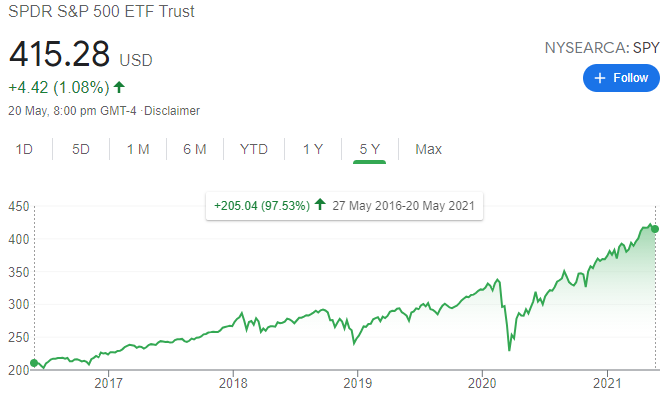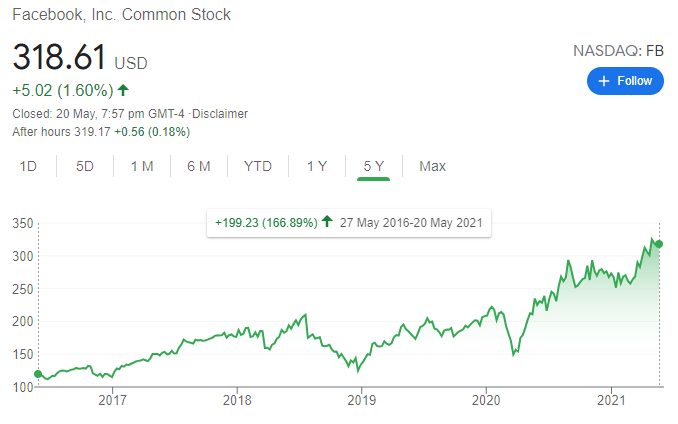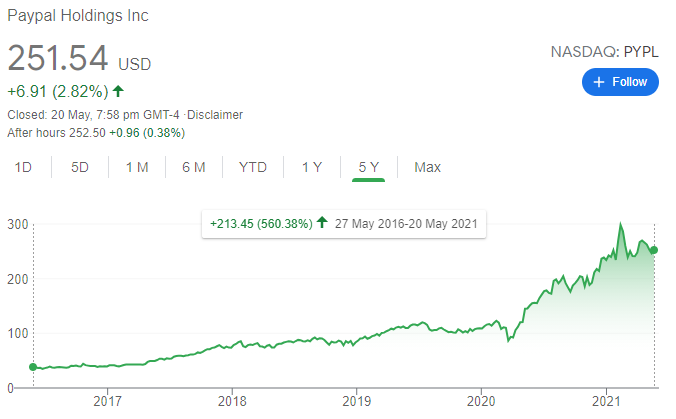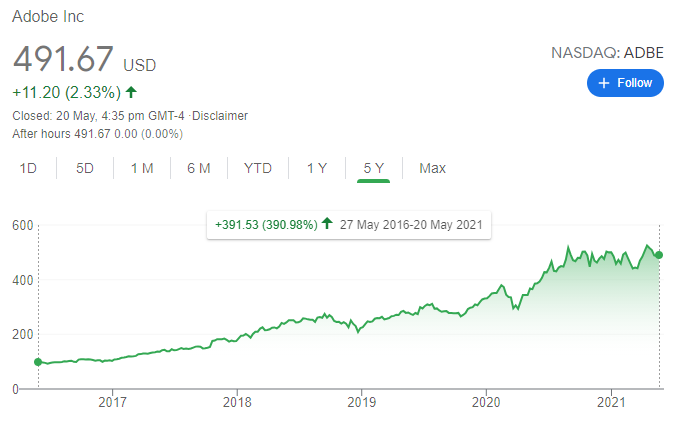People often compare their returns to the stock market index such as the S&P 500, and use this as a benchmark to measure their performance.
And if their performance had been worse off than the index, it begs the question, "Should I just invest in the index instead?"
Well, I share my perspective in this article.
Can You Tolerate Volatility
This is the first question that we need to ask ourselves when considering whether to invest in an index, rather than picking your own stocks.
Volatility is the fluctuations of the stock market, and when investing in an index ETF like SPY or QQQ - we are instantly diversifying our investments. Naturally, when we diversify our investments, the volatility becomes more compressed. For example, it is rare to see these index ETF fluctuating more than 3% in its day to day share price. But for individual stocks, these volatile movement can happen time to time.
There is nothing wrong if you acknowledge that you are not able to tolerate volatility. It is part of recognizing what kind of investor you are - and as Sun Tzu explains, “If you know the enemy and know yourself, you need not fear the result of a hundred battles."
The same applies when investing in the stock market - if you recognise that you are not someone who can handle volatility in the stock market, then investing in a stock market index is not a bad idea. After all, the stock market index such as the SPY, gives pretty decent return.

Sure there will still be occasional dips, but if you are able to hold the index for the long term, it is quite likely that you will come out to be profitable.
When people choose to invest in the index, the common approach is to do dollar cost averaging, where they would invest consistently every month (or quarter), no matter what the share price is. This is a reasonable approach for someone who does not want to spend time monitoring the market at all. However, do note that this strategy only make sense if you willing to hold on to the investment for at least 10 years.
The average SPY annual return is around 13%, but let's just say its 10% to be conservative. Assuming that you set aside $500 to collect the shares every month (i.e. $6000 annually) over 10 years, it would grow to a sum of $105,187 - a pretty meaningful sum as compared to just leaving it in the bank at 0.5%.

SPY vs Bank Returns
For those who have been reading my blog posts for some time, the above screenshot is the exact reason why I hate leaving surplus money in the bank. If I have extra money, I would always invest in the stock market. Because I know that, even if I just invested in the S&P 500 index and willing to hold the long term, it will much better than leaving it lying in the bank.
So if you are not someone who can handle volatility but still want to make a decent return on your investment, then this might an approach that you can consider.
Picking Your Own Stocks
For those who are able to tolerate volatility in your portfolio, then consider picking your own stocks to invest. The volatility will be higher, but so will your returns - provided if you know what you are doing.
This is the approach that I decided to adopt, and it was because over the years of investing, I embraced that volatility is part of the investment journey - and I know that over the long term, as long as I invested in the correct stocks, I was bound to make money in the long term. The key word is "long term".
I want to quickly outline how I pick stocks to invest, and the answer is shockingly simple.
Imagine you are in Harvard University, one of the top universities in the world. Every student in Harvard is likely to be a very bright student. However, among the students, wouldn't you agree that there are better performing ones as well?
The same goes for the S&P 500. While these 500 companies are the largest companies in the US, there are companies that are doing better than the rest. And these are the companies that I invest in.
How do you know which companies are better? Well, I use a checklist - which I fondly call it the 8-Point Checklist. This checklist comprises of eight financial ratios to look out for, before investing in a company.

Get Your 8-Point Checklist!
So that you know what stocks
to avoid investing in.
Using this checklist, I filtered the 500 companies into just 80+ companies. These 80+ companies are the companies that passes my checklist. And because I use options on my investments, I excluded the stocks that did not have much volume in options, and this reduces my watchlist to 30+ stocks. And my approach is simply just focusing on these 30+ stocks, using both stocks and options strategies and keep repeating the process.
This approach is definitely not as passive as simply investing in the index. But think about it - if you are investing only in the top "students" of Harvard University - what are the chances that you will beat the stock market index. Well, the answer is very likely. Here are some examples of the companies that passes the checklist.



And no, I didn't cherry pick these stocks just to show you the stocks that beat the S&P500. These are actually some of the stocks that passed the 8-Point checklist and I focus my investments in these areas using stocks and options strategies.
What's Next
So here's the conclusion.
If you are unable to handle volatility in your portfolio, then investing in an index might be a good way to compound your wealth at a decent return. However, if you are okay to handle a little bit of volatility, and willing to commit time to do some research on your investments, then picking your own stocks would be a better choice.
However, a good reminder is that, don't be compelled to pick your own stocks just because of the higher potential returns. We need to understand ourselves and determine which approach might be better based on our personality.
Know yourself, and you will win every battle.
